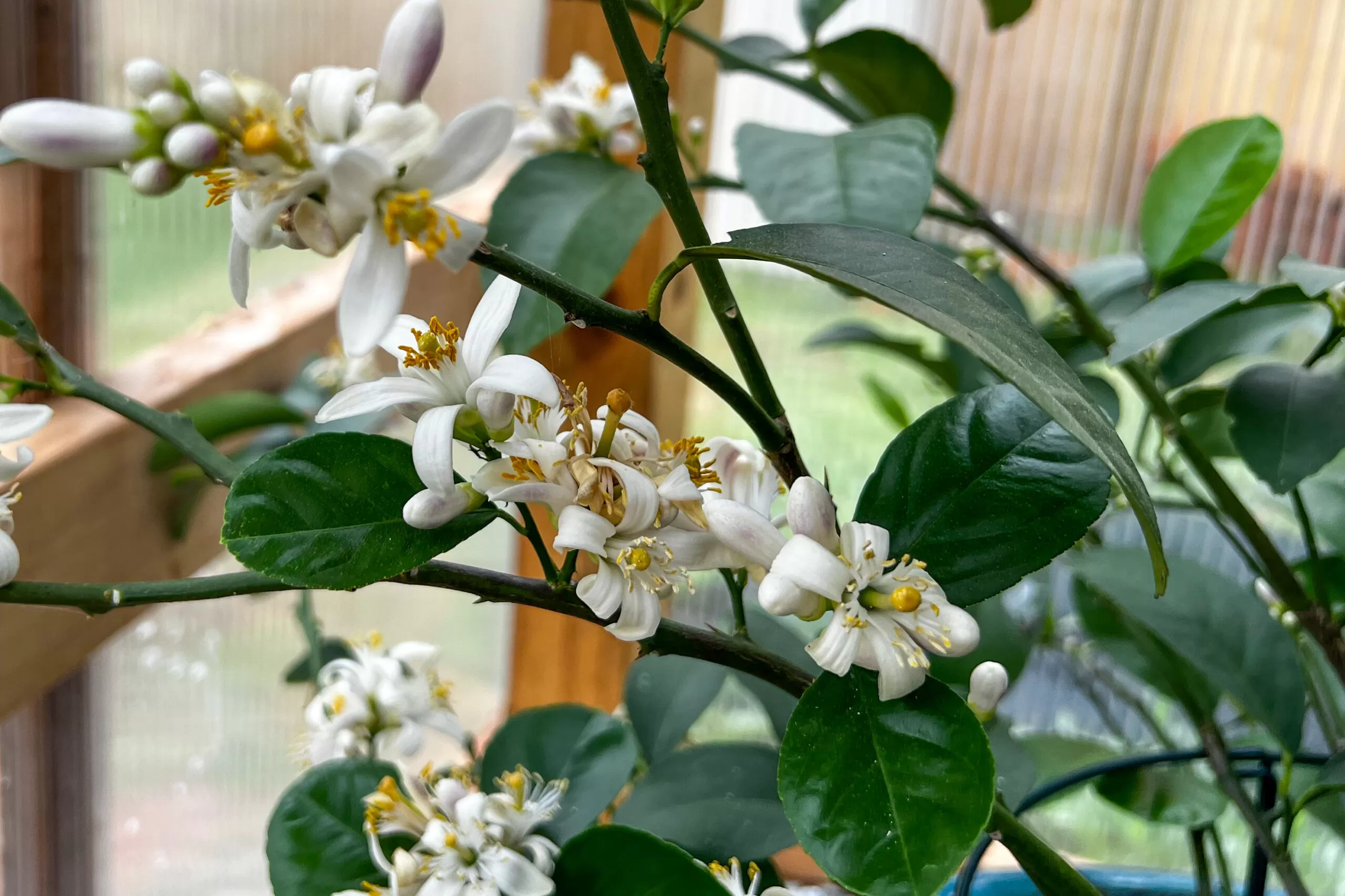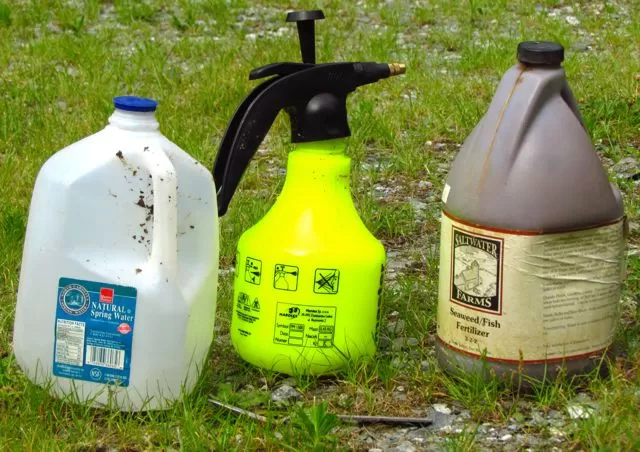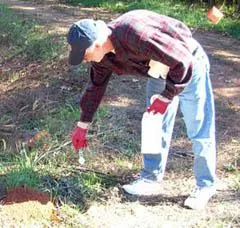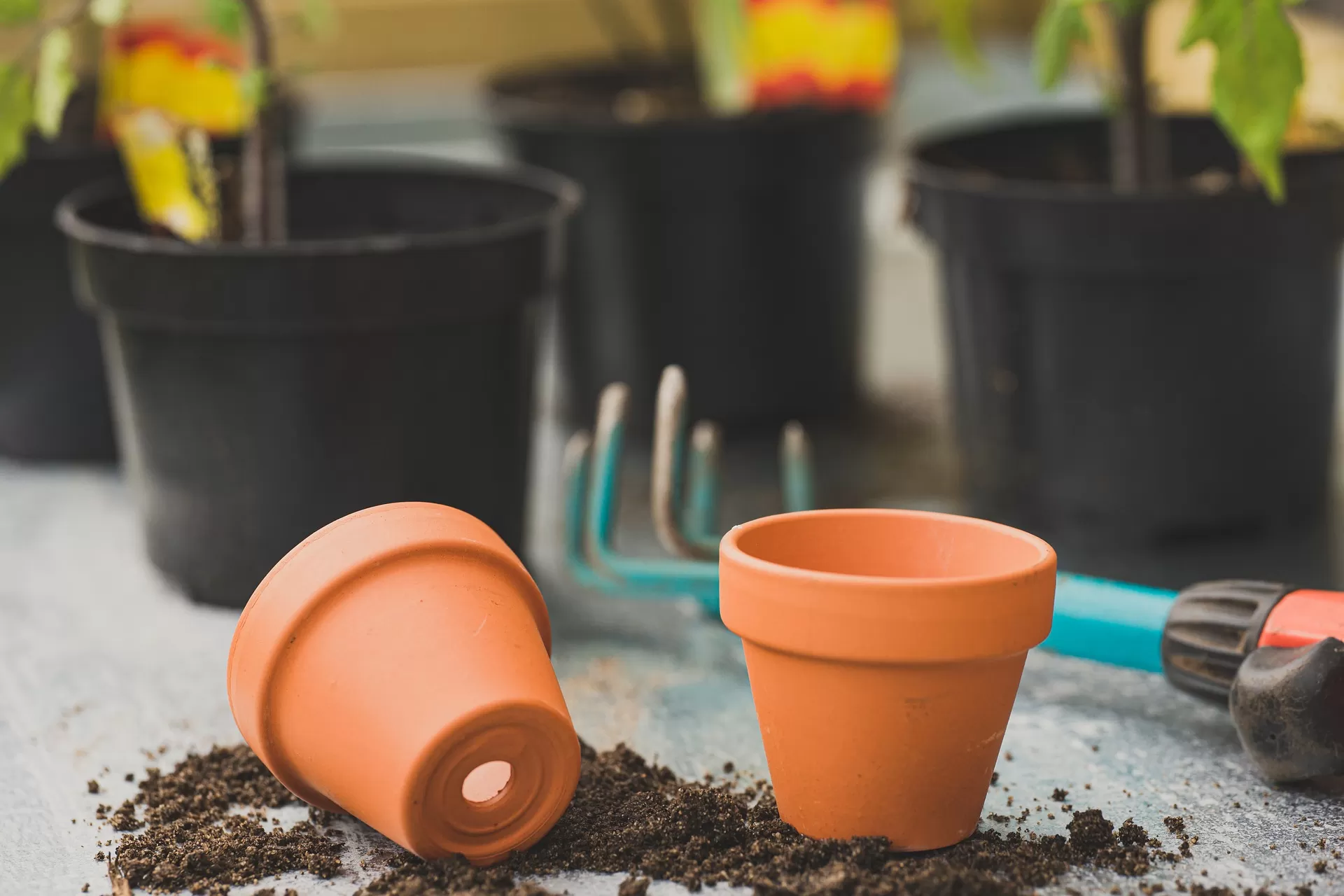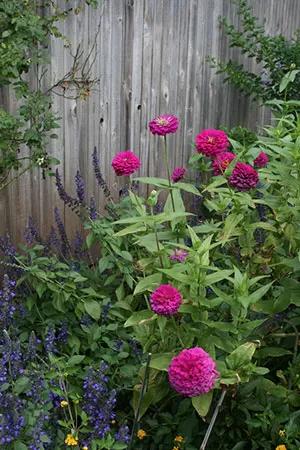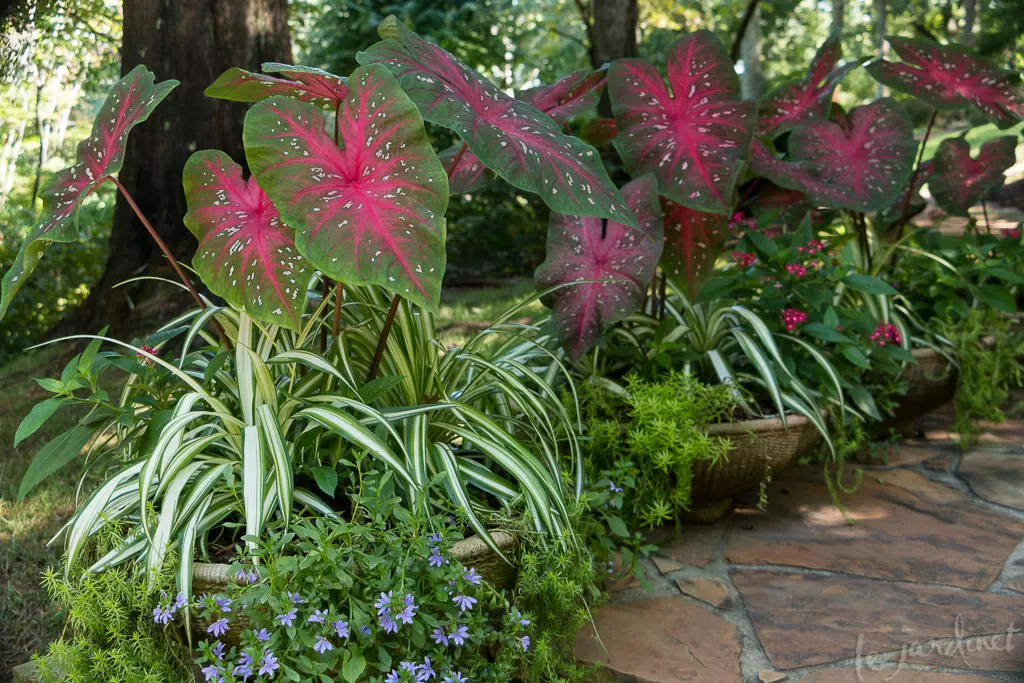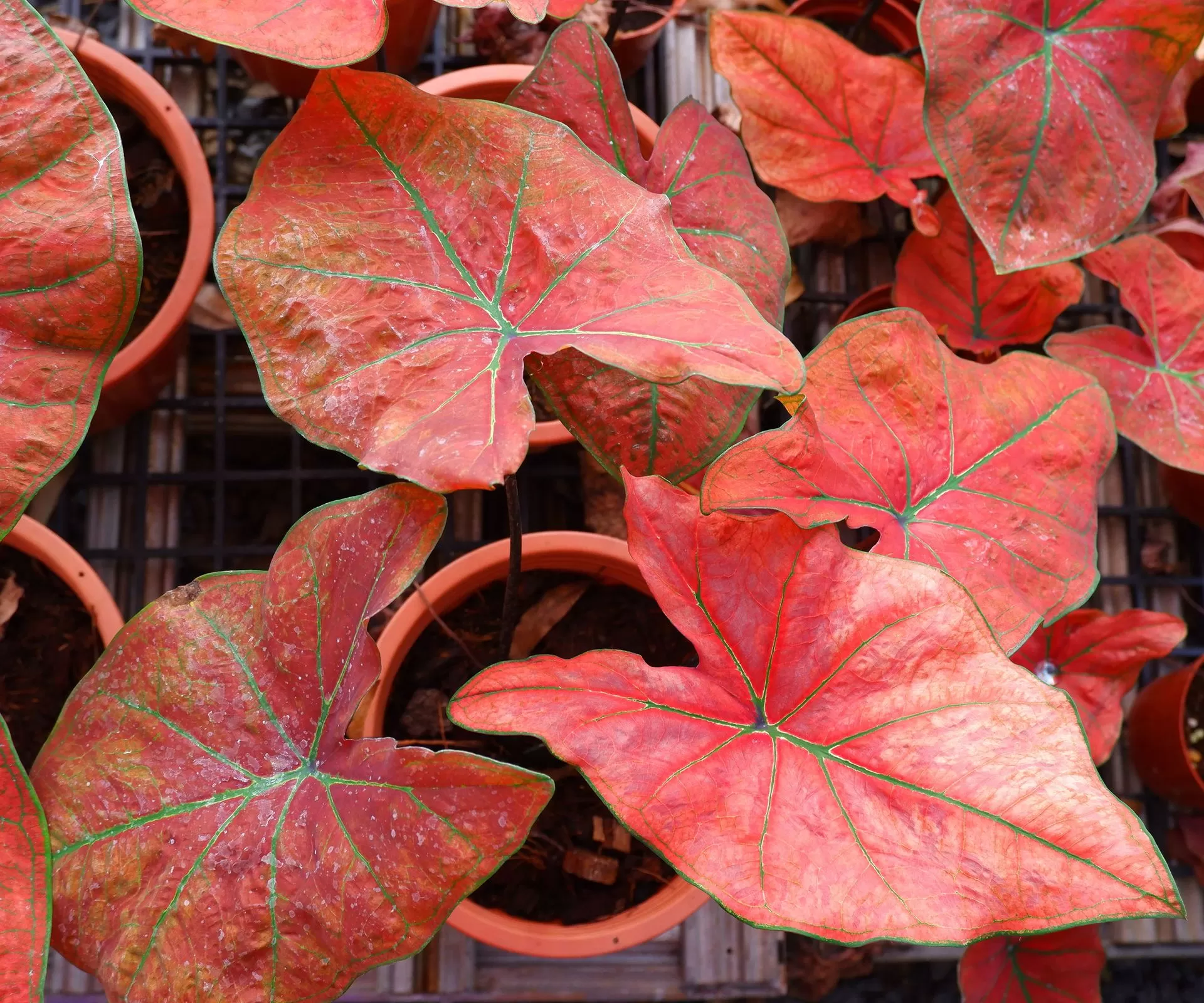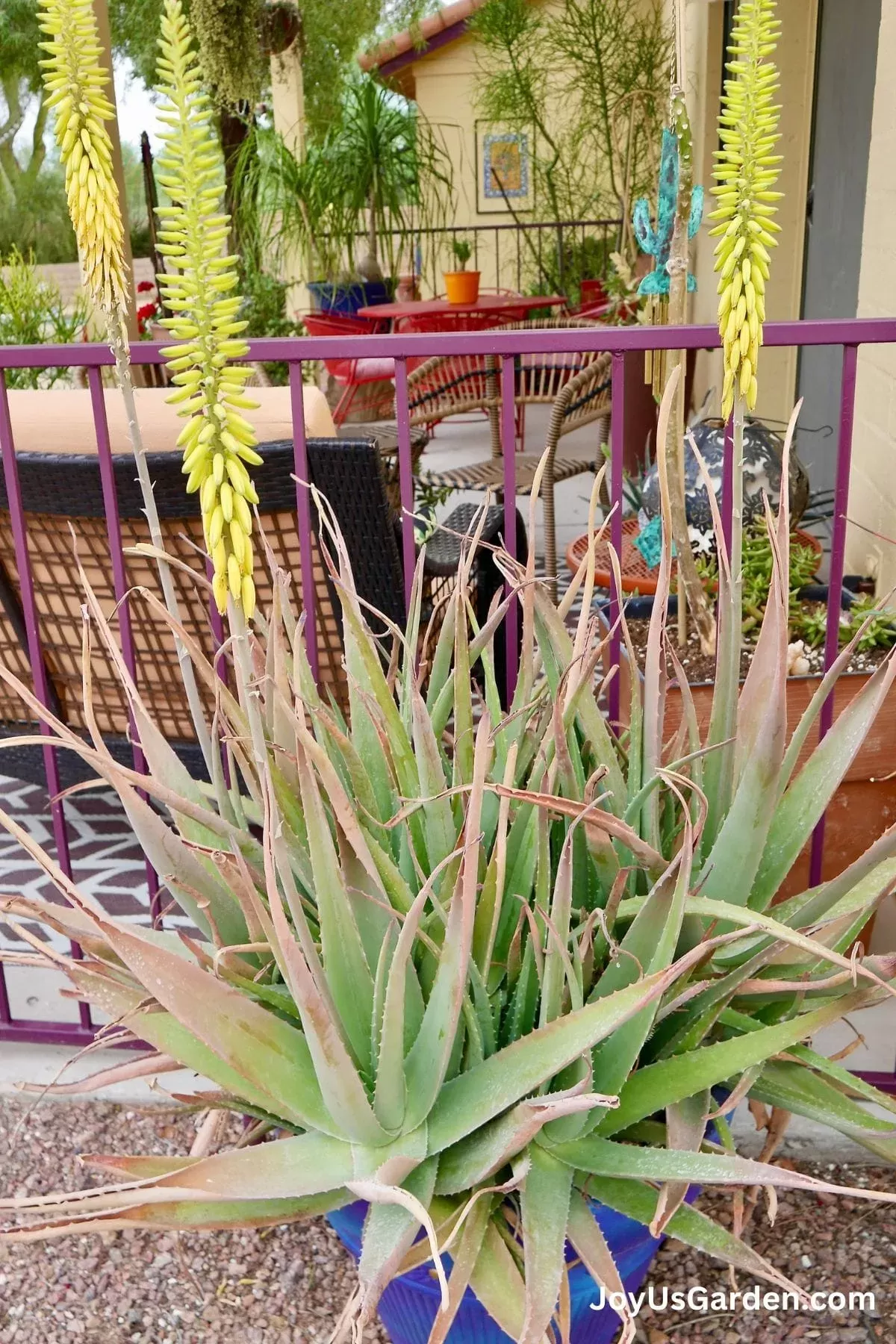- Healthy soil is teeming with beneficial microbes that act as a natural defense system for your plants.
- Some soils are naturally “suppressive,” meaning plant diseases have a harder time taking hold.
- Beneficial bacteria like Pseudomonas produce powerful compounds and compete with pathogens, directly protecting roots.
- These microscopic allies can also trigger plants to activate their own defense mechanisms.
- You can nurture and enhance natural disease suppression in your home garden through simple, soil-friendly practices.
Imagine a bustling, invisible city beneath your garden beds. This isn’t science fiction; it’s the incredibly complex world of your soil microbiome – trillions of bacteria, fungi, and other microorganisms living around your plants’ roots. While some of these tiny inhabitants can cause disease, many are incredible allies, working tirelessly to keep your plants healthy and strong. This natural protection, fostered within the soil itself, is known as natural disease suppression, and it’s a powerful force you can harness in your own garden.
Contents
The Unseen Battleground: Understanding Soilborne Diseases
Our garden plants face threats from above and below the ground. Soilborne diseases, caused by pathogens living in the soil, are particularly challenging. These include various root rots, wilts, and damping-off diseases that can attack plant roots, stems, and lower leaves, often leading to stunted growth, yellowing, and ultimately, plant death. They can be notoriously difficult to control with conventional methods because they reside hidden underground and can persist in the soil for years. A classic example from agriculture, though it can affect related plants, is take-all disease, which devastates wheat and barley roots. These pathogens are tough, surviving on plant debris and spreading through the soil.
 Typical black root rot symptom caused by soilborne fungal pathogens like take-all
Typical black root rot symptom caused by soilborne fungal pathogens like take-all
Enter the Heroes: How Soil Suppresses Disease Naturally
Nature has equipped plants with defenses, but they aren’t fighting alone. Healthy soil is a dynamic ecosystem where an abundance of beneficial microorganisms can actively suppress pathogens. This concept of “suppressive soil” describes soils where diseases don’t establish easily, are less severe, or decline over time, even if the pathogen is present.
There are a couple of ways this happens:
- General Suppression: This is like having a crowded marketplace where there’s tough competition for resources. The sheer volume and diversity of microbes in healthy soil simply outcompete pathogens for food and space, keeping their numbers in check.
- Specific Suppression: This is more targeted, driven by specific groups or even individual microbes that have unique abilities to fight off particular pathogens. These specific heroes can be transferred from one soil to another, bringing their protective power with them. Often, specific suppression builds up over time, especially in certain cropping systems.
Meet Your Garden’s Tiny Guardians: Beneficial Microbes
Among the most well-studied microbial guardians are certain types of Pseudomonas bacteria, commonly found in the rhizosphere – the narrow zone of soil directly influenced by plant roots. Plant roots release sugars and other compounds (exudates) that feed these beneficial microbes, attracting and supporting large populations right where the plant needs protection most.
These Pseudomonas and other beneficial microbes employ several strategies to suppress disease:
- Competition: They are highly effective at colonizing root surfaces, physically blocking pathogens from attaching (niche exclusion). They also aggressively compete for the limited nutrients released by roots.
- Chemical Warfare (Antibiosis): Many beneficial microbes produce antibiotics and other antimicrobial compounds that directly inhibit the growth of pathogens. For instance, certain Pseudomonas strains are famous for producing substances like 2,4-diacetylphloroglucinol (2,4-DAPG) or phenazines, which are potent against a wide range of fungal and bacterial pathogens.
 Beneficial Pseudomonas bacteria inhibiting the growth of a plant pathogen in a lab dish
Beneficial Pseudomonas bacteria inhibiting the growth of a plant pathogen in a lab dish
- Iron Chelation (Siderophores): Iron is essential for all life, including pathogens. Beneficial pseudomonads produce molecules called siderophores that are exceptionally good at binding iron in the soil, making it unavailable to pathogens, effectively starving them.
- Triggering Plant Defenses (Induced Systemic Resistance – ISR): Some beneficial microbes can communicate with the plant, triggering its own internal defense systems even before a pathogen attacks. This is like giving the plant a “heads-up” or “training session,” so it’s ready to mount a stronger, faster defense response when a real threat appears. This “priming” of plant defenses is a sophisticated form of natural protection.
A Real-World Success Story: Take-All Decline (Simplified)
A remarkable example of induced natural disease suppression is called Take-All Decline (TAD), observed in wheat fields. When wheat is grown continuously in the same spot for several years, a severe outbreak of take-all disease might occur. However, after a few more years of continuous wheat, the disease often spontaneously declines, becoming less severe. This isn’t because the pathogen is gone, but because the continuous wheat monoculture has encouraged a massive build-up of specific 2,4-DAPG-producing Pseudomonas strains in the soil. These beneficial bacteria reach high populations and produce enough antibiotic to keep the take-all pathogen under control, creating a suppressive soil effect driven by microbial activity. This demonstrates how plant selection can influence the soil microbiome and enhance natural disease suppression.
Boosting Natural Disease Suppression in Your Home Garden
You can actively encourage these natural defense systems in your own garden! While you might not be dealing with large-scale wheat take-all, the principles of fostering beneficial soil microbes apply to protecting your vegetables, flowers, and shrubs from common issues like root rot and damping-off.
Here’s how to nurture your garden’s tiny guardians:
- Focus on Soil Health: This is the foundation. Healthy soil, rich in organic matter (like compost), provides a diverse habitat and food sources for a wide range of beneficial microbes.
- Minimize Soil Disturbance: Excessive tilling can disrupt the delicate soil structure and microbial communities. Practice no-till or reduced tillage methods where possible.
- Feed the Soil: Regularly adding compost or other organic amendments boosts microbial populations and diversity.
- Practice Crop Rotation: Avoid planting the same type of plant in the same spot year after year. Rotating crops helps break disease cycles and encourages a broader spectrum of beneficial microbes.
- Ensure Good Drainage: Waterlogged soil stresses plants and creates conditions favorable for many soilborne pathogens, while hindering beneficial aerobic microbes.
- Use Chemicals Judiciously: Harsh chemical fungicides and pesticides can kill beneficial microbes along with the bad ones, disrupting the natural balance that provides suppression. Explore organic and biological control options first.
- Choose Healthy Plants: Starting with healthy, vigorous plants grown in good conditions makes them less susceptible to disease pressure.
By prioritizing soil health and adopting practices that encourage microbial diversity, you’re not just growing plants; you’re cultivating a living defense system that enhances your garden’s natural resilience against diseases.
Conclusion
Natural disease suppression is a fascinating testament to the intricate relationships between plants, microbes, and soil. By understanding and supporting the beneficial organisms that inhabit your garden’s soil, you empower your plants with robust, natural defenses. Building healthy, living soil is the most effective way to invite these microscopic heroes into your garden, reducing the need for chemical interventions and leading to stronger, healthier plants and a more vibrant ecosystem. Start nurturing your soil today and witness the power of natural disease suppression in action! What are your favorite ways to improve soil health? Share your tips in the comments below!

























